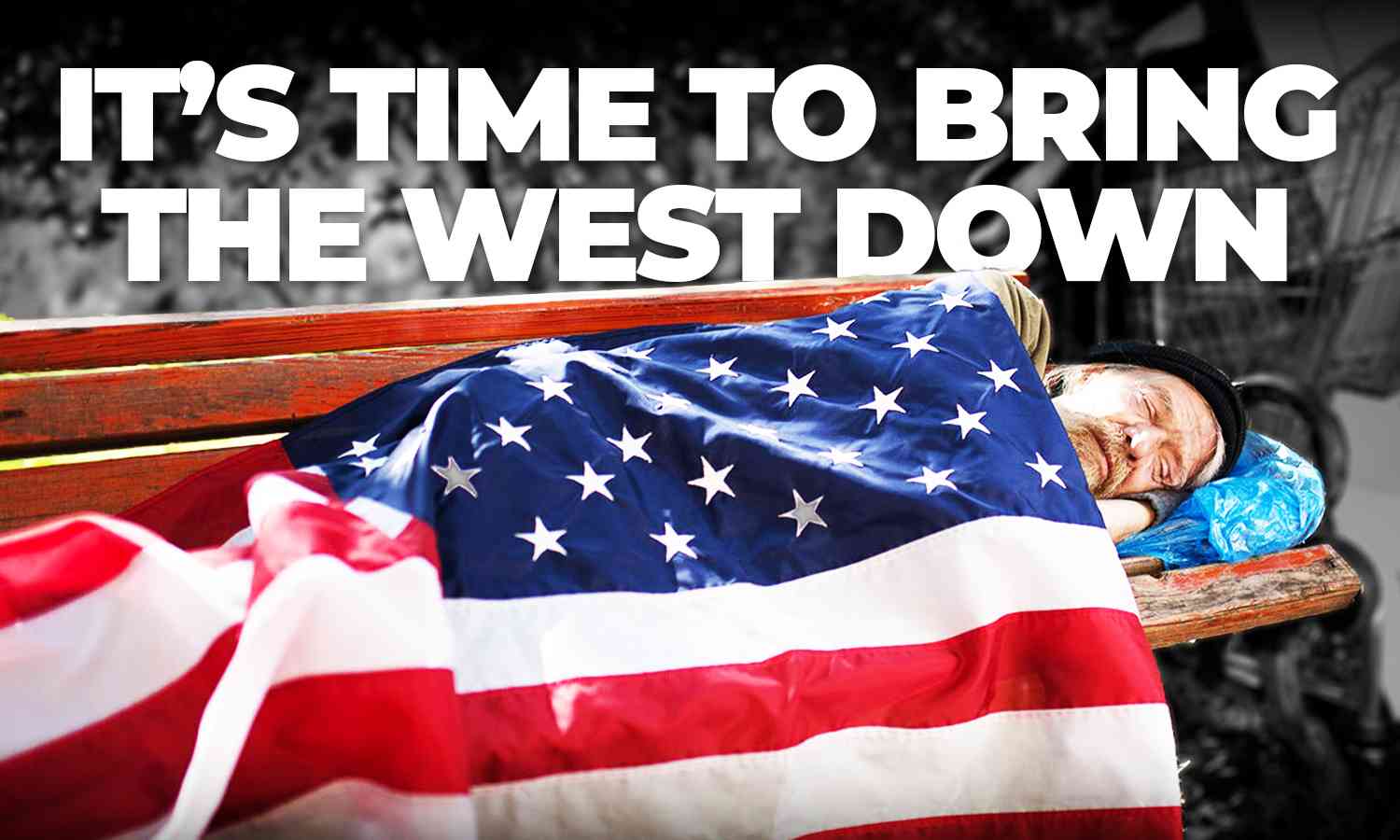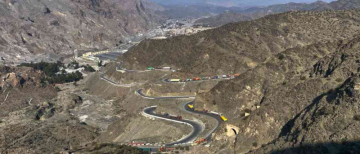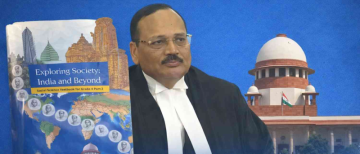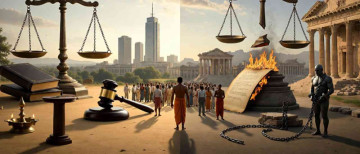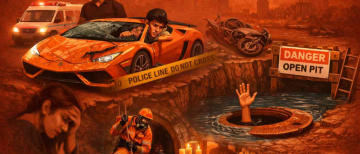The Second Trump Presidency Will Cripple America
The prospect of Donald Trump returning to the presidency has ignited widespread debate, reflecting his polarising legacy. Supporters view him as a staunch defender of conservative ideals and an outsider who challenges entrenched political norms. Meanwhile, critics warn that another Trump term could bring significant upheaval to domestic governance and the United States’ global standing.
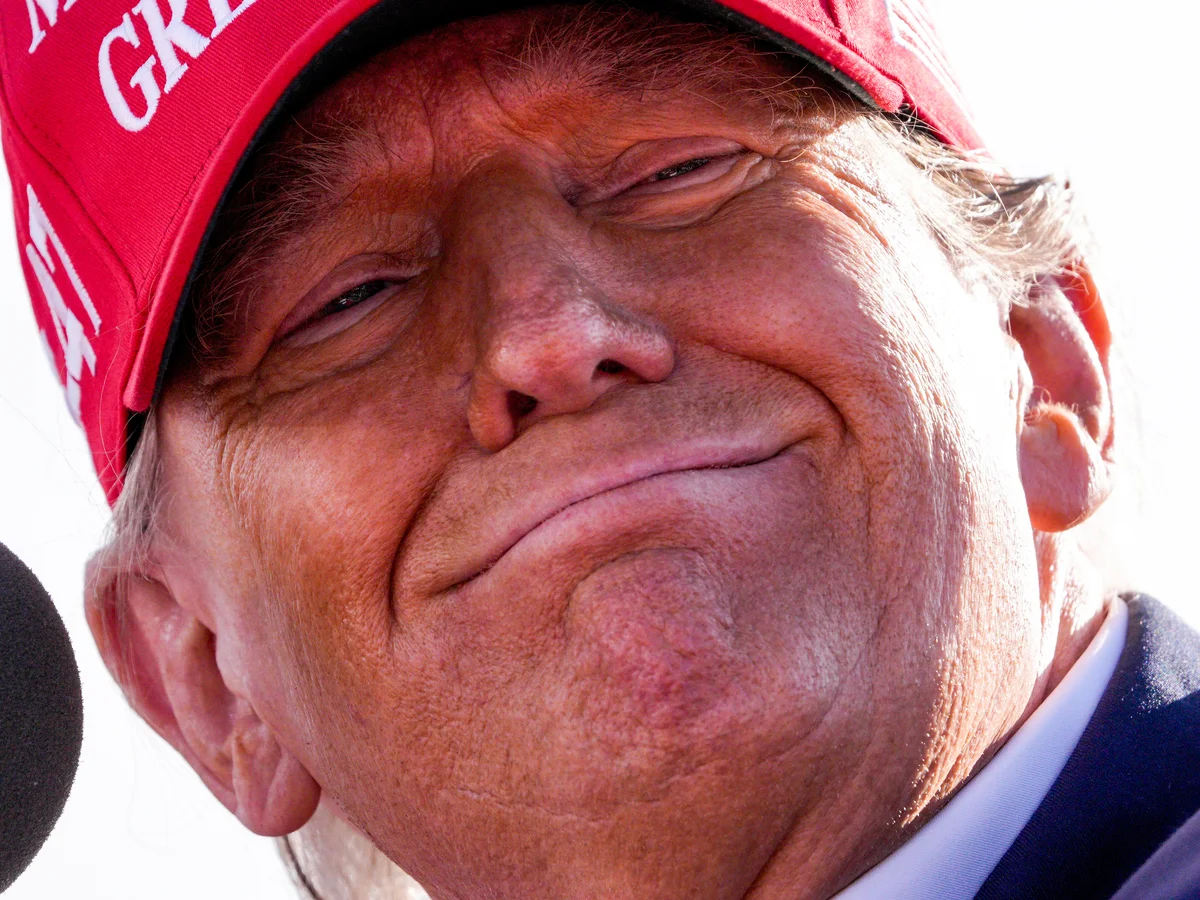
Concerns Surrounding a Second Trump Term
Threats to Democratic Institutions
Trump’s contentious relationship with the judiciary, federal agencies, and the media during his first term has raised concerns about his respect for institutional checks and balances. His refusal to concede the 2020 election and the events surrounding the January 6 Capitol riot have intensified fears about his commitment to democratic principles.
Deepening Divisions
Critics argue that Trump’s polarising rhetoric has fuelled societal fractures along political, racial, and cultural lines. A second term could amplify these divisions, further destabilising national unity. His confrontational approach to political opponents and the press may erode public confidence in essential democratic institutions.
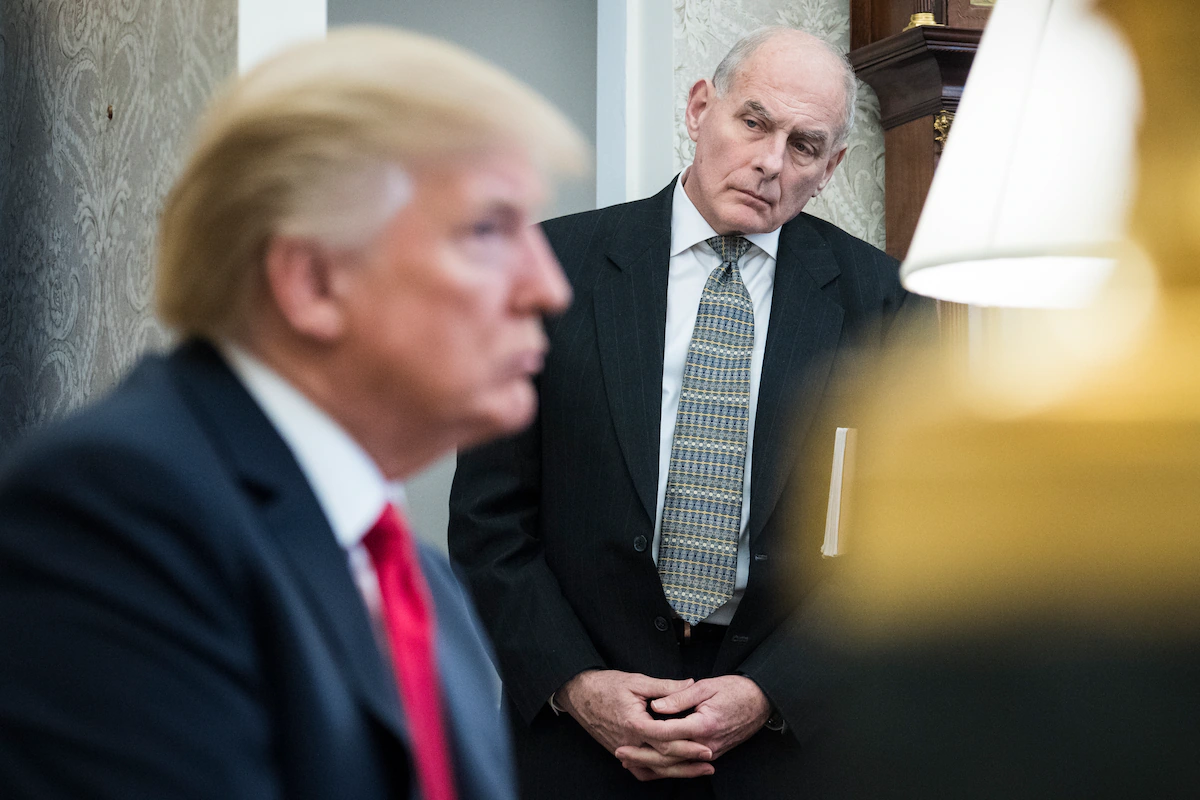
Foreign Policy Shifts
Trump’s “America First” policy alienated longstanding allies while fostering relationships with adversarial nations such as Russia and North Korea. A return to a transactional approach could weaken global alliances and undermine multilateral efforts to address international challenges.
Climate and Environmental Concerns
Trump’s rollback of environmental protections and withdrawal from the Paris Agreement alarmed climate advocates. Another term could hinder progress on critical climate action at a pivotal moment for global sustainability.
Economic Risks
While Trump often highlights his economic accomplishments, critics point to trade wars, rising deficits, and policies favouring the wealthy as potential threats to long-term economic stability. Deregulatory policies and tax cuts, although boosting short-term growth, may exacerbate income inequality and leave systemic vulnerabilities unaddressed.
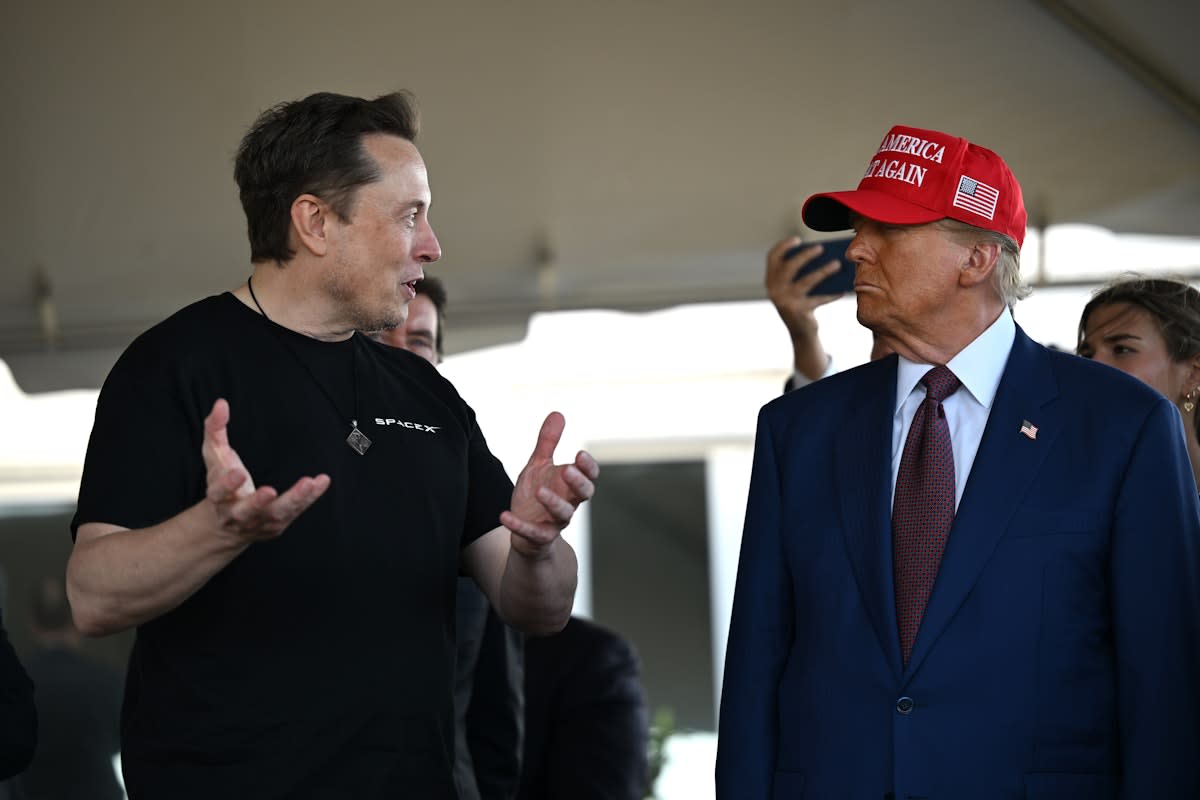
Judiciary and Civil Liberties
Trump’s appointments of conservative judges have reshaped the judiciary, potentially influencing key issues like reproductive rights, voting laws, and civil liberties. Critics worry that another term could further entrench partisan divides in legal and constitutional interpretation.
America’s Global Image
Critics argue that Trump’s leadership style weakened U.S. credibility and alienated allies. A second term could make rebuilding trust and influence even more challenging, leaving the country more isolated on the world stage.
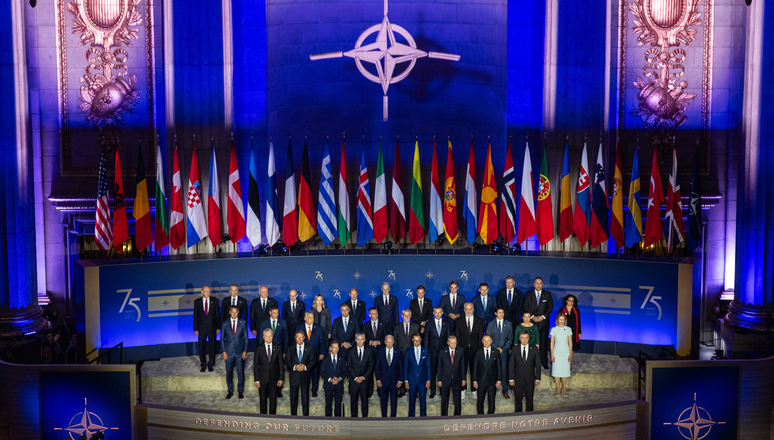
Geopolitical Ripples of a Weakened United States
The potential decline of U.S. influence would have profound consequences for global stability, particularly affecting NATO, the G7, and the Western-dominated order established post-World War II. This scenario could redefine power dynamics, challenging the cohesion of longstanding alliances while empowering alternative blocs like BRICS.
NATO’s Erosion: Security Risks and Fragmentation
As NATO’s cornerstone, the U.S. plays a vital role in funding and leading its operations. A weakened America might scale back contributions, leaving member nations to address defence shortfalls independently. In the absence of robust U.S. leadership, countries like France and Germany could push for a more autonomous European defence strategy. While this might strengthen regional unity, it could dilute NATO’s collective defence framework. Challenges such as Russian aggression or the rise of non-state actors may become harder to manage without NATO’s traditional unity and resources, raising concerns about global security.
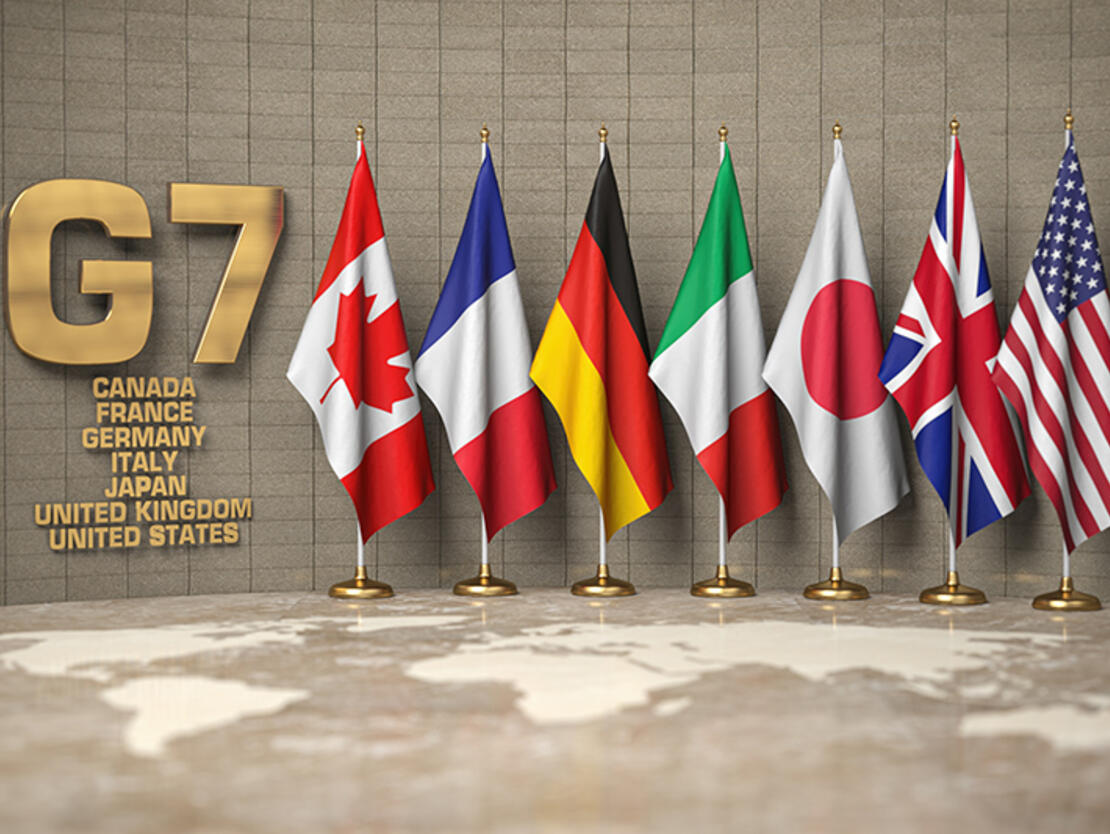
The G7’s Waning Influence
The G7’s power is tightly linked to U.S. economic dominance. If the U.S. falters, the group’s ability to guide global economic policies could diminish, undermining its relevance. Organisations like BRICS may capitalise on this vacuum, advancing parallel financial and trade systems that cater to the Global South. Emerging economies, often skeptical of Western economic policies, may gravitate toward non-Western coalitions, further diminishing the G7’s clout.
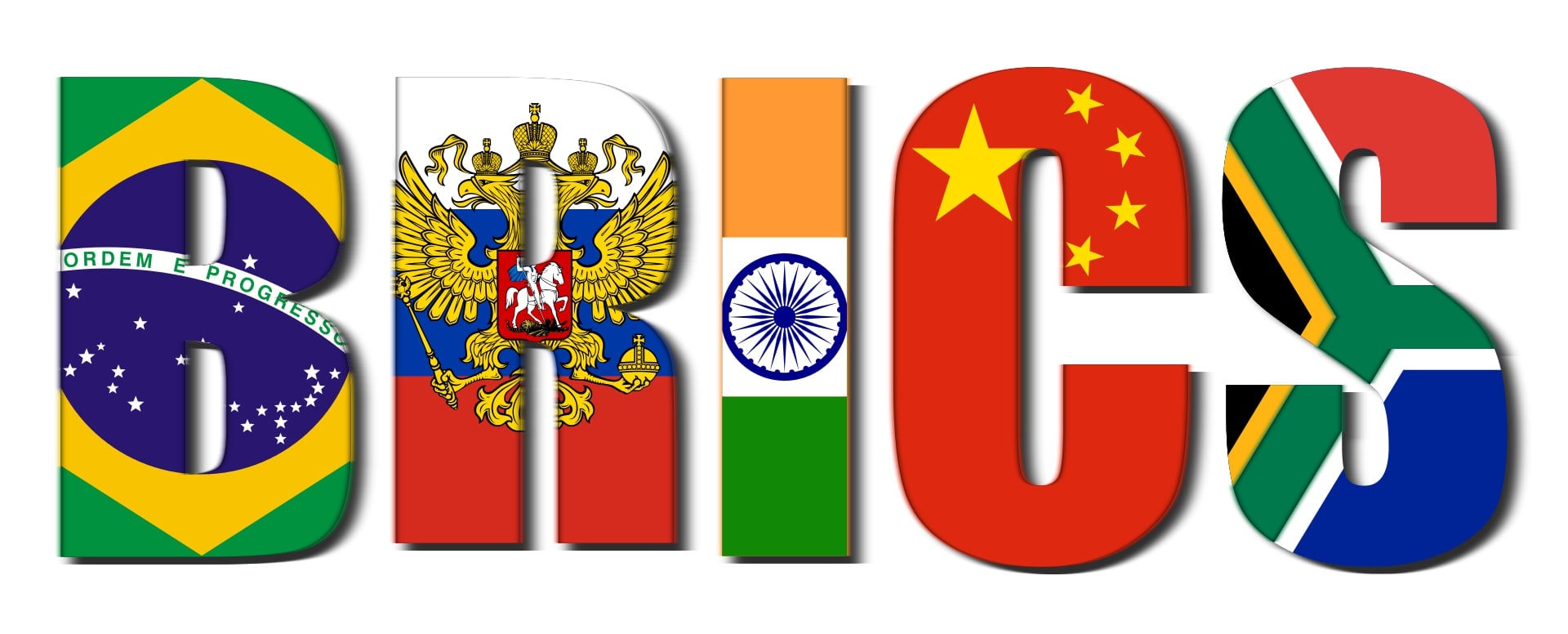
BRICS and Emerging Power Structures
Financial Realignments:
BRICS nations are already working to establish alternatives to institutions like the IMF and World Bank. A weaker U.S. could accelerate initiatives such as expanding the New Development Bank or introducing a BRICS currency to challenge the dollar’s dominance.
Strategic Coalitions:
Strengthened ties within BRICS and outreach to non-aligned nations could create a robust counterbalance to Western-led governance models.
Advocacy for the Global South:
BRICS may position itself as a champion for developing nations, addressing grievances over economic disparities, climate funding, and Western interventions.
A Shift to a Multipolar World
The decline of U.S.-centric institutions would likely pave the way for a multipolar order, with regional powers such as China, India, and Brazil exerting greater influence. Organisations like ASEAN, the African Union, and Mercosur could gain prominence as nations prioritise localised cooperation over global frameworks. Emerging powers may intensify efforts to reduce dependence on Western technology, developing homegrown ecosystems that challenge current technological hegemony.
Challenges for the West
Western nations may face slower growth and diminishing global influence as emerging economies claim a larger share of trade, innovation, and investment. With declining American soft power, the West might struggle to shape global norms, values, and ideologies. Diverging national interests within Western alliances could exacerbate divisions, making coordinated responses to global challenges more difficult.
Navigating the New Global Landscape
A diminished U.S. presence on the world stage would hasten the transition from a unipolar to a multipolar system. While this shift might democratise international power structures, it could also introduce greater instability, with competing blocs jostling for dominance.
For the Western world, this scenario demands urgent adaptation. Strengthening internal cohesion, fostering strategic partnerships, and addressing domestic weaknesses will be critical to remaining relevant in an evolving global order. The choices made in this period of flux will shape not only Western resilience but also the broader contours of international relations in the decades to come.
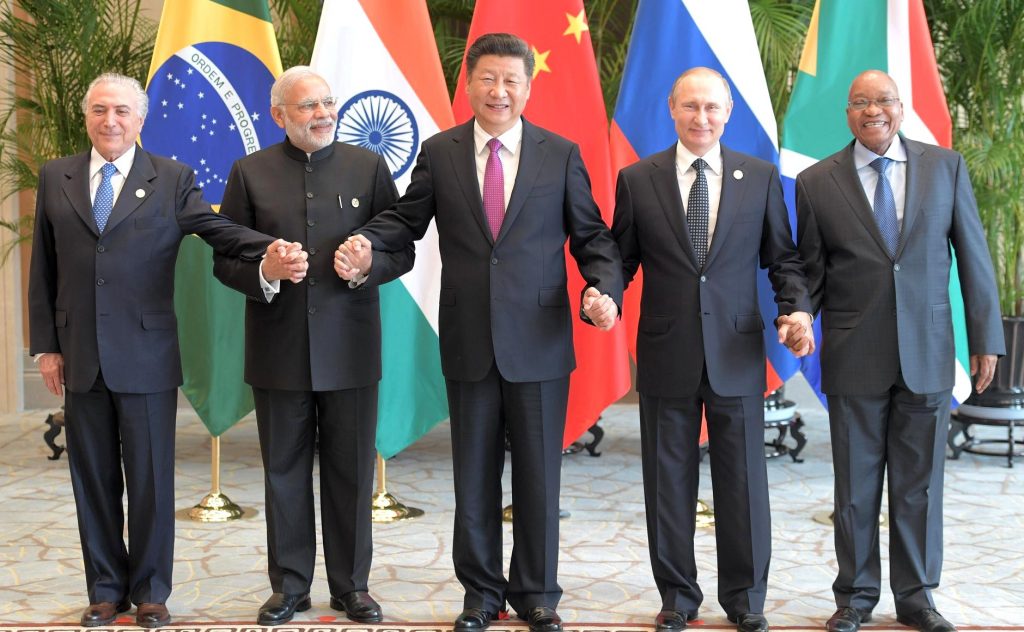
Rethinking Global Power Dynamics: Toward a Balanced World Order
The concept of dismantling Western dominance and fostering a new world order has long fuelled debates across political, economic, and cultural domains. Proponents of this shift emphasise the necessity of a more balanced global system—one that moves beyond the legacies of colonialism, imperialism, and economic exploitation that many attribute to Western powers. While the call for transformation resonates with those feeling sidelined by the current global structure, achieving such a profound change is fraught with complexity.

Understanding the Current Global Framework
The present international order is predominantly shaped by Western-centric institutions such as the United Nations (UN), International Monetary Fund (IMF), World Bank, and NATO, all of which emerged in the aftermath of World War II. While designed to foster global stability, these institutions have faced criticism for disproportionately serving Western interests, particularly in areas of governance, economic policies, and cultural outreach.
Additionally, Western nations maintain dominance in technology, media, and education, further amplifying their cultural values and diminishing the prominence of non-Western ideologies. This has led to accusations of cultural homogenisation, leaving many indigenous voices and traditions marginalised.
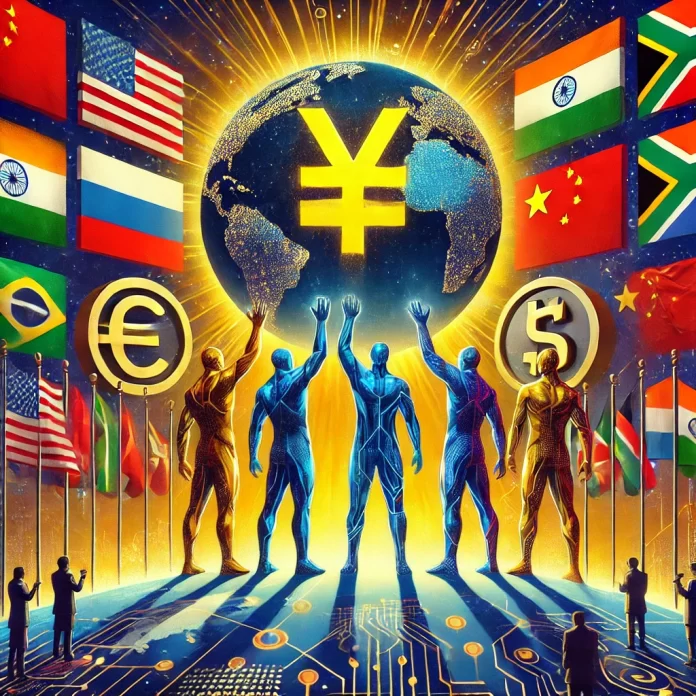
Why Change is Needed
The global financial system remains heavily skewed, leaving many nations in the Global South mired in debt and dependency. Conditions imposed by Western-led financial organisations often stifle sustainable development efforts in these regions. Critics argue that Western powers frequently interfere in the domestic affairs of other countries, citing democracy promotion or counter-terrorism as justification. Such actions often intensify conflicts instead of resolving them. Global media and education systems heavily reflect Western norms, sidelining local traditions and philosophies, which leads to cultural dilution in many societies. A reimagined world order could acknowledge and redress the exploitation, slavery, and colonialism that have historically disempowered many nations, granting them a more significant role in shaping global priorities.

Building a New World Order
Creating a more equitable global system demands collaboration and an inclusive vision. Organisations like BRICS and the African Union are vital for counterbalancing Western dominance. Strengthening intra-regional partnerships can empower these blocs to negotiate from a position of unity. International bodies must evolve to ensure fair representation. Expanding the UN Security Council and redistributing voting power in the IMF could grant non-Western nations a stronger voice in global decision-making.
A multipolar world, where power is dispersed across various regions, offers a more balanced approach. Economies such as China, India, and influential nations in Africa and South America can play pivotal roles in shaping this landscape. To reduce reliance on Western financial systems, countries should prioritise investments in domestic industries, technological innovation, and education, fostering self-reliance and resilience. Supporting native languages, traditions, and arts can counter Western cultural dominance. Media and educational reforms that celebrate local heritage while encouraging intercultural respect can help preserve diversity.
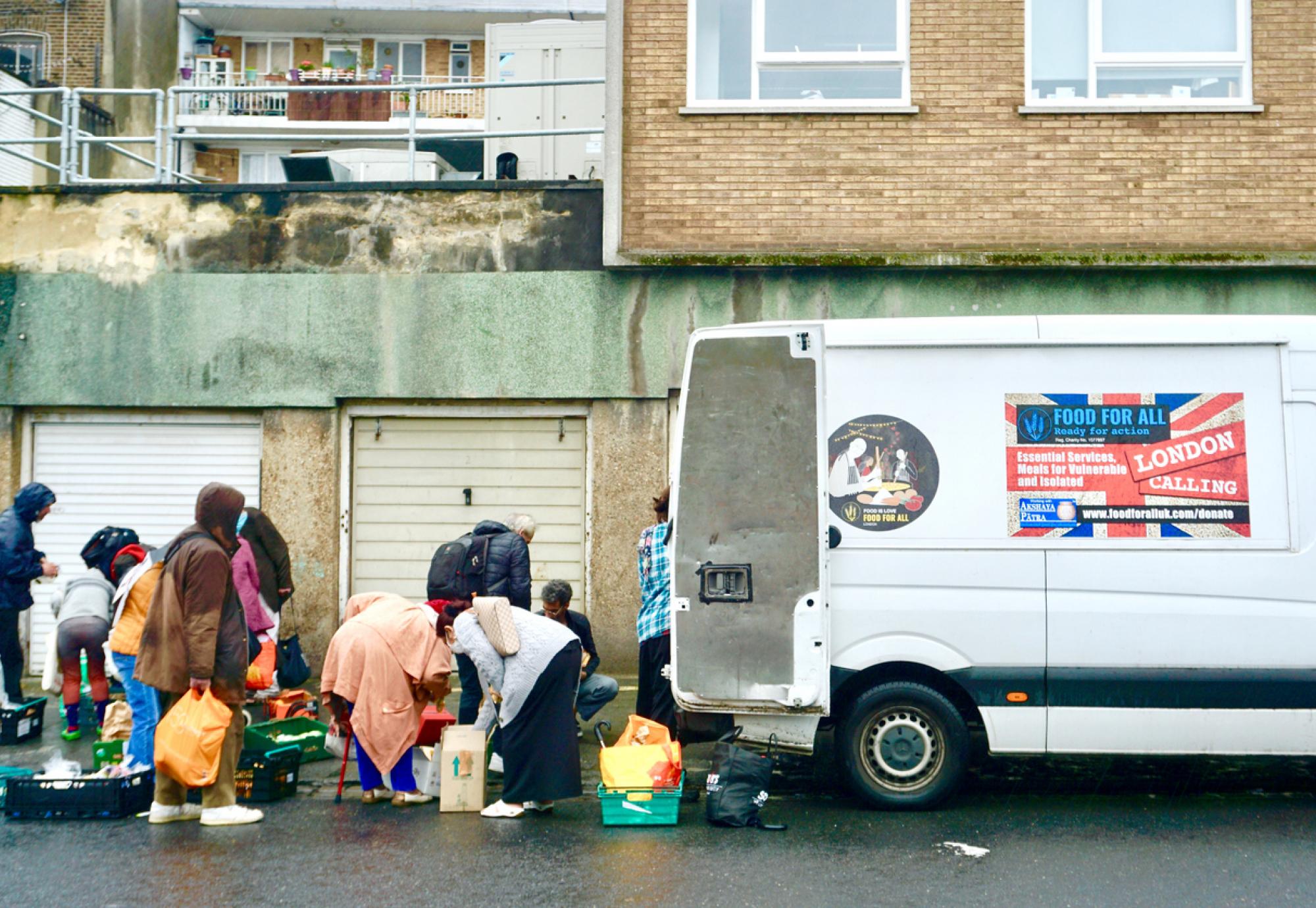
Obstacles to Transformation
Despite its appeal, the journey toward a restructured world order faces significant hurdles:
Internal Challenges:
Many nations in the Global South are burdened by internal political instability and economic struggles, complicating unified action.
Geopolitical Rivalries:
Emerging powers often engage in conflicts that detract from their shared goal of reducing Western influence.
Western Resistance:
The West is unlikely to relinquish its dominant position without resistance, given its enduring economic and military strength.
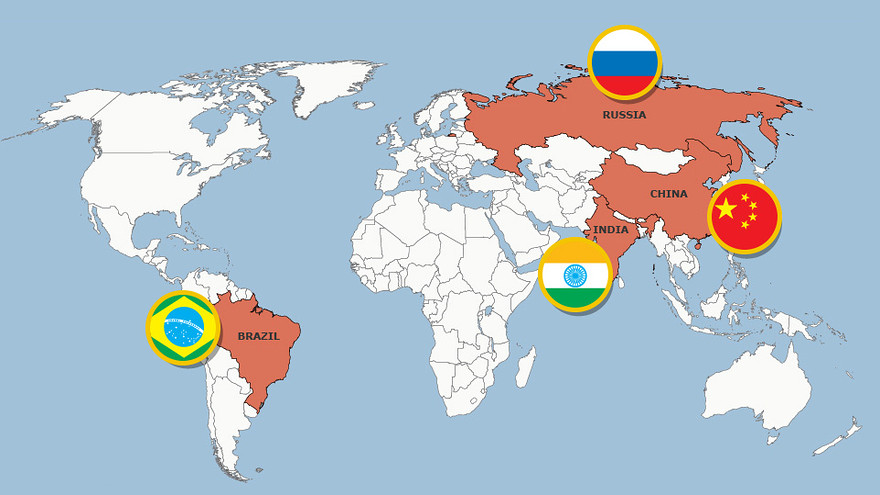
A Vision for an East-Led Future
The west has had its time. As a world, we have seen Western forces rape and pillage through every singular developing nation. Some are still doing it. We have seen what western colonization, imperialism and proxy states have done to the billions in the growing nations. We have seen how the west has stolen from the most resource rich, unturned democratically elected govts and upset native power structures to gain influence and siphon off all sorts of spoils, leaving those very nations dry, devastated and on its knees. The west has dominated every single power structure in the world and waged war, bullied it's way to shape a planet that is today extremelt lopsided. The west has controlled narratives, wielded military power and soft power on the globe's consiousness. The western world has proven time and time again that its goal is to dismantle anyone who stands up to them, and that they have fostered a global system where all nations and cultures cannot flourish. This is why the reimagined order must avoid replicating these inequalities of the past, emphasise equity, mutual respect, and sustainability amongst the member nations.
True progress lies in recognising our interconnectedness. Global challenges such as climate change, poverty, and technological divides created and catalysed by the west, require cooperative solutions that transcend individual nations’ interests. A new world order should distribute power more equitably and ensure that every voice, regardless of geography or history, contributes to the collective future.
*The views expressed in this article are personal. They do not reflect the opinions, beliefs, or positions of Vygr and Vygr Media Private Limited.
©️ Copyright 2023. All Rights Reserved Powered by Vygr Medi

